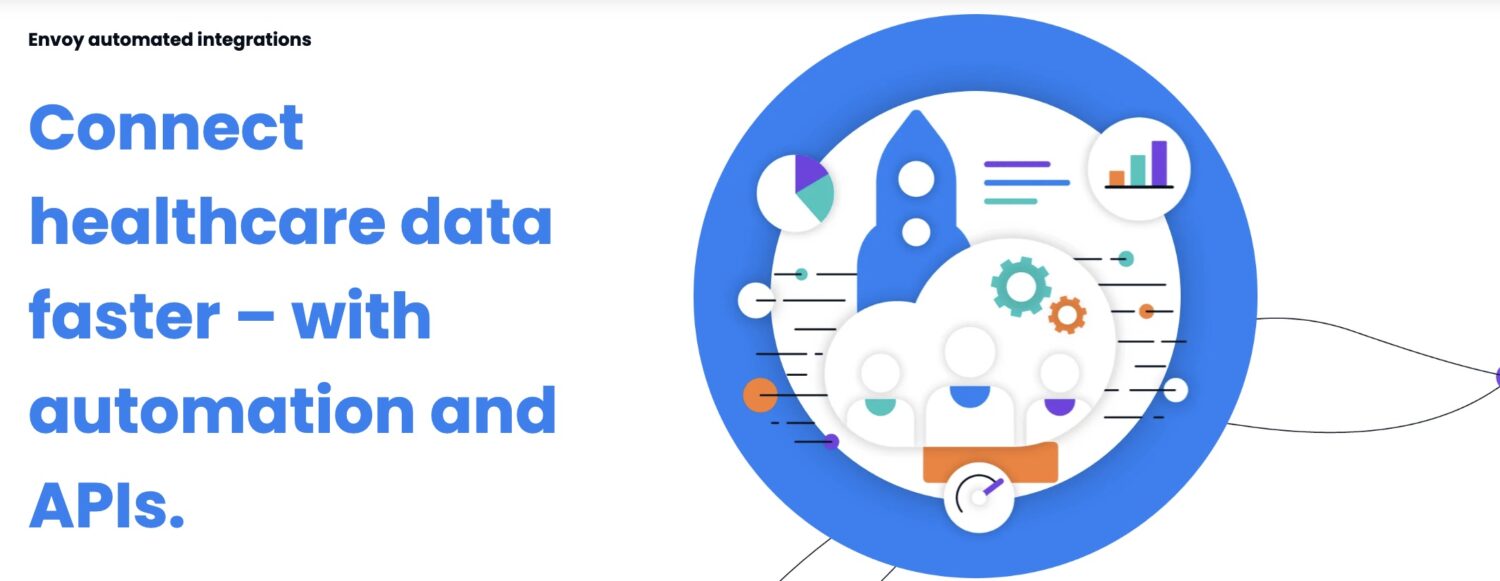
What You Should Know:
– Rhapsody, a global leader in digital health enablement and interoperability, today announced the general availability of its Envoy platform to health systems, labs, payers, and outpatient care organizations worldwide.
– Already proven with digital health innovators and public health teams, Envoy now brings its tech-enabled integration capabilities to care delivery teams, offering a faster, lower-cost way to connect systems without increasing headcount or relying on external consultants.
A New Way Forward for Interoperability
For Chief Information Officers (CIOs), Envoy is designed to deliver faster time-to-value, reduced total cost of ownership, and lower operational risk, driving a greater return on investment (ROI) for interoperability initiatives. As AI-driven tools and analytics continue to reshape healthcare, Envoy helps technology teams move faster, smarter, and with less overhead.
Envoy simplifies and accelerates healthcare data exchange with two flexible deployment options:
- Envoy iPaaS: A fully managed, cloud-based service hosted in the Rhapsody cloud.
- Envoy Edge: Deployed on the customer’s cloud or self-hosted with secure, VPN-free zero-trust remote access (ZTNA) for full control.
Both options provide API and integration build, monitoring, and maintenance at scale, supporting faster onboarding, improved reliability, and a stronger ROI. With support for common standards like FHIR, X12, and HL7, as well as real-time APIs, Envoy enables teams to onboard new systems faster, improve data reliability, and focus engineering efforts where they matter most.
“This isn’t just a new offering, it’s a new way forward,” said Sagnik Bhattacharya, CEO of Rhapsody. “CIOs are being asked to do more with less, while executing rapidly on digital transformation projects. Envoy uses the latest tech advancements to reduce the cost of integration initiatives and allows for cost-effective modernization of existing infrastructure. We look forward to partnering with provider organizations to help them scale quickly, reduce the cost of ongoing maintenance, and prepare their infrastructure for the AI-enabled future of healthcare.”
